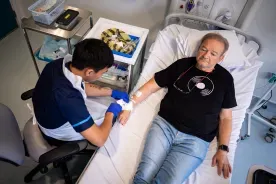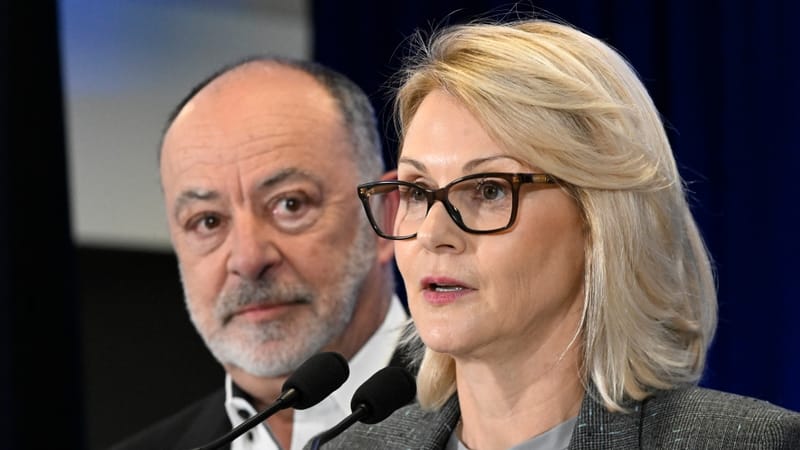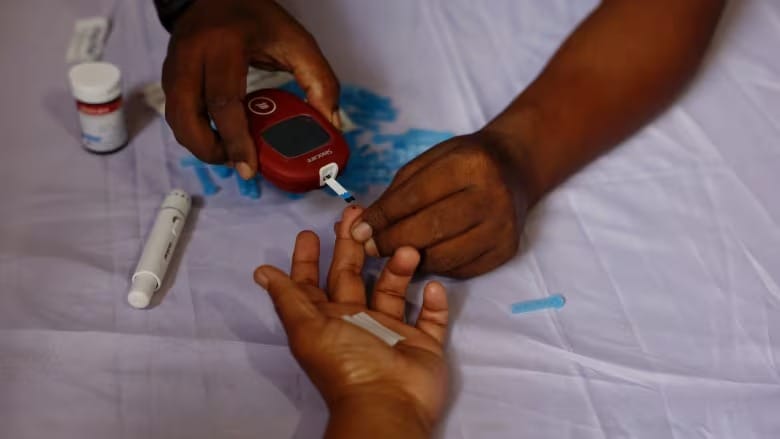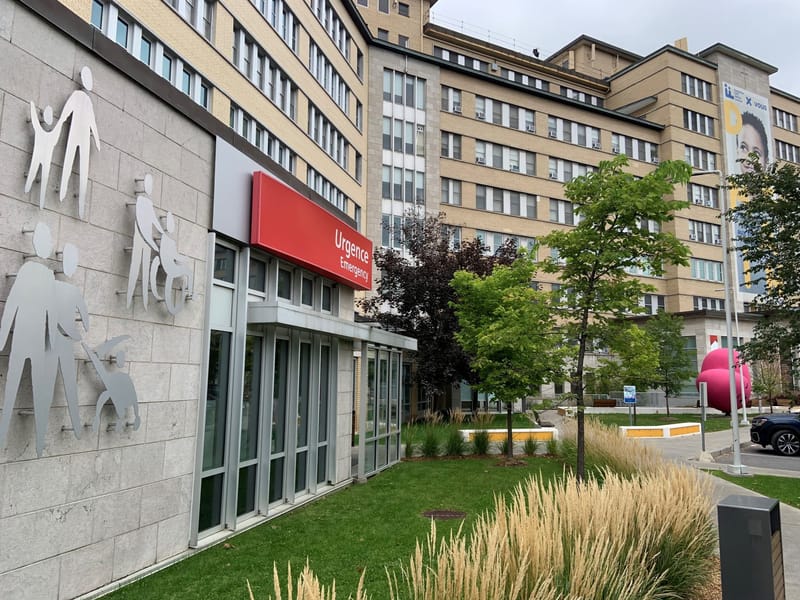1st lung cancer vaccine trials launch, powered by COVID mRNA technology
"The COVID-19 vaccine targeted a spike protein on the virus," Dr. Lee explained. "We're using a similar approach to target a common protein found in lung cancer patients. The mRNA vaccine will train the immune system to hunt down lung cancer cells."

The mRNA revolution is making strides beyond COVID-19, with scientists now focusing on lung cancer treatment. BioNTech, a German biotechnology firm, has developed the first mRNA vaccine for non-small cell lung cancer (NSCLC), known as BTN116. This vaccine has entered phase 1 clinical trials in seven countries, including the United States and the United Kingdom.
"Lung cancer is the leading cause of cancer deaths worldwide. This mRNA technology represents just the first generation of what could be a significant advancement," said Dr. Siow Ming Lee, a consultant medical oncologist at University College London Hospitals (UCHL) Clinical Research Facility, which is leading the U.K. trials. "We hope this marks the beginning of better outcomes for lung cancer patients globally."
The vaccine works by identifying and attacking cancer cells, complementing existing treatments like chemotherapy and immunotherapy. The phase 1 trials are taking place across 34 research sites in the U.K., U.S., Germany, Hungary, Poland, Spain, and Turkey, with U.S. locations recruiting patients at various stages of the disease.
Dr. Lee highlighted the parallels to the COVID-19 mRNA vaccine, which faced initial skepticism but ultimately proved effective, particularly in reducing mortality among cancer patients. "It's important to remember that the COVID-19 vaccine was also effective for cancer patients, lowering their mortality more than in the general population," he said.
Lung cancer remains the most commonly diagnosed cancer in Canada and the leading cause of cancer-related deaths, with over 20,000 Canadians expected to die from the disease this year. Globally, lung cancer caused 1.8 million deaths in 2020, making it the deadliest form of cancer for both men and women.
While treatments like chemotherapy, surgery, and radiation exist, lung cancer is often detected in advanced stages, limiting treatment options. However, mRNA technology offers a promising new approach by training the immune system to target lung cancer cells.

BioNTech's development of the lung cancer vaccine began four years ago, building on the success of the COVID-19 mRNA vaccines created in partnership with Pfizer and Moderna. The COVID-19 vaccines demonstrated not only their safety and efficacy in preventing the virus but also showed reduced mortality rates among cancer patients.
mRNA technology, though in development for decades, gained widespread attention with the COVID-19 pandemic. It works by using messenger RNA to instruct the body to produce proteins that prepare the immune system to fight specific viruses. This principle is now being applied to target tumors.
"The COVID-19 vaccine targeted a spike protein on the virus," Dr. Lee explained. "We're using a similar approach to target a common protein found in lung cancer patients. The mRNA vaccine will train the immune system to hunt down lung cancer cells."
Dr. Lee emphasized that the mRNA vaccine must be used in conjunction with other treatments, such as chemotherapy, depending on the severity of the cancer.
Janusz Racz, a 67-year-old lung cancer patient from the U.K., was the first to receive the vaccine as part of the clinical trials, which began on Tuesday. "I decided to participate because I hoped it would help defend against cancer cells," Racz said in a media release. "I also wanted to contribute to research that could benefit others in the future."
Unlike the COVID-19 vaccine, which requires one or two shots, the lung cancer treatment involves multiple doses. Racz has received six consecutive injections, five minutes apart over 30 minutes, and will continue to receive the vaccine weekly for six weeks, followed by every three weeks for 54 weeks.
The ultimate goal is to eliminate the cancer and prevent its recurrence. However, Dr. Lee cautioned that it is still early in the process, with the vaccine currently in phase 1 of clinical trials. If the trials prove successful, the vaccine could enter phase 2 in 2025.
"It’s a long journey ahead, but we hope to kickstart this vaccine research as we did with the COVID vaccine," Dr. Lee said.





